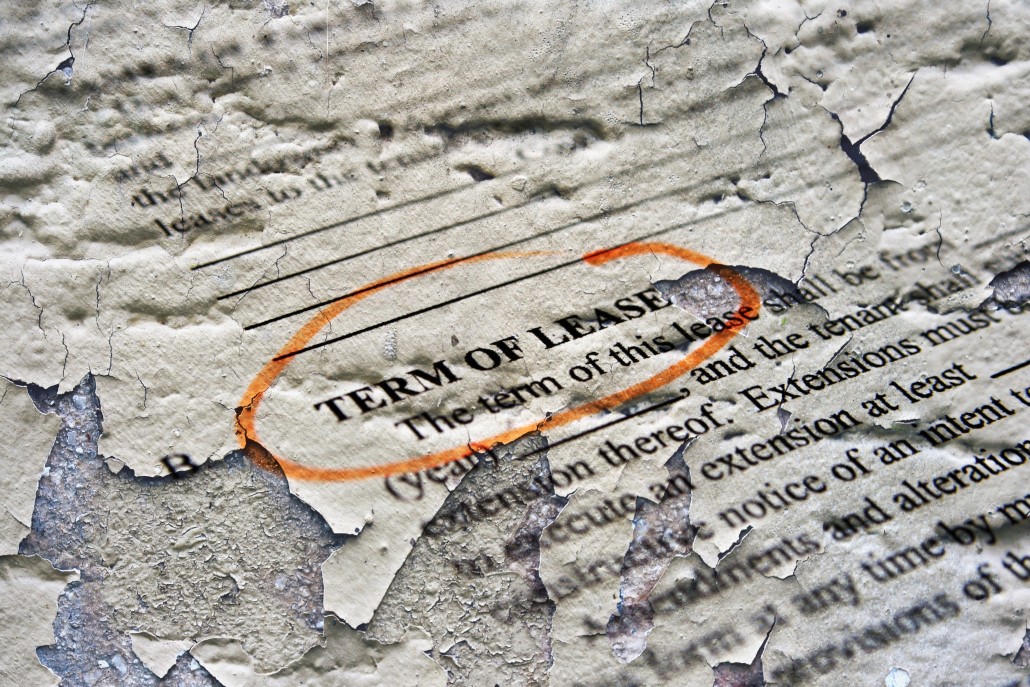Mold is a very serious issue. It can cause significant health effects or damage to personal property. As part of the obligation to provide and maintain habitable premises, North Carolina requires landlords to respond to complaints of mold in a reasonable period of time depending on the severity of the condition. However, North Carolina takes a markedly different approach to the disclosure of the presence of mold by the landlord to the tenant. No Affirmative Disclosure Obligation Although a landlord may face potential liability, including rent abatement, for failing to respond in a reasonable period of time to complaints of mold, neither federal nor North Carolina statutes create an affirmative…
-
-
Resolving Legal Disputes Through Mediation
In our ongoing series of posts about arbitration, an increasingly popular form of private dispute resolution across the United States. This week, we will discuss another prevalent system for resolving legal disputes outside of the public court system, mediation. Although arbitration and mediation both use independent third-parties to resolve legal disagreements, there are many differences between the two forms of alternative dispute resolution. Arbitration is a privatized version of a trial. In arbitration, the parties present evidence and testimony to persuade the arbitrator that they are entitled to certain relief under the law. Mediation, on the other hand, is essentially an ongoing settlement negotiation. A mediator does not decide which…
